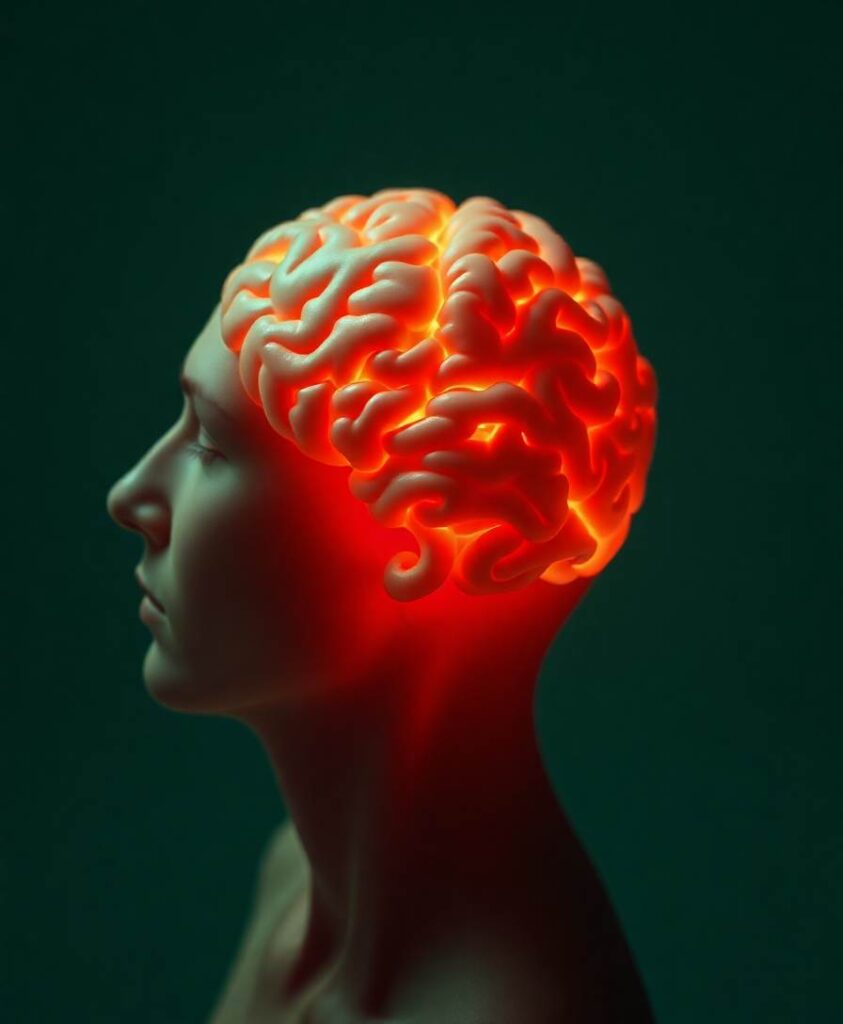BackgroundAbnormal electroencephalography (EEG) activity has been demonstrated in mild cognitive impairment (MCI), and theta rhythm might be inversely related to memory. The apolipoprotein E (ApoE) epsilon 4 (ε4) allele, as a genetic vulnerability factor for pathologic and normal age-related cognitive decline, may influence different patterns of cognitive dysfunction. Therefore, the present study primarily aimed to verify the role of resting theta rhythm in delayed recall deficits, and further explore the effects of the ApoE genotype on the associations between the resting theta power and delayed recall performance in the elderly individuals without dementia.MethodsA total of 47 individuals without dementia, including 23 MCI and 24 healthy subjects (HCs), participated in the study. All subjects were administered the Hopkins Verbal Learning Test–Revised (HVLT-R) to measure delayed recall performance. Power spectra based on resting-state EEG data were used to examine brain oscillations. Linear regression was used to examine the relationships between EEG power and delayed recall performance in each subgroup.ResultsThe increased theta power in the bilateral central and temporal areas (Ps = 0.02–0.044, uncorrected) was found in the patients with MCI, and were negatively correlated with delayed recall performance (rs = −0.358 to −0.306, Ps = 0.014–0.036, FDR corrected) in the elderly individuals without dementia. The worse delayed recall performance was associated with higher theta power in the left central and temporal areas, especially in ApoE ε4 non-carriers and not in carriers (rs = −0.404 to −0.369, Ps = 0.02–0.035, uncorrected).ConclusionOur study suggests that theta disturbances might contribute to delayed recall memory decline. The ApoE genotype may have distinct effects on EEG-based neural correlates of episodic memory performance.



